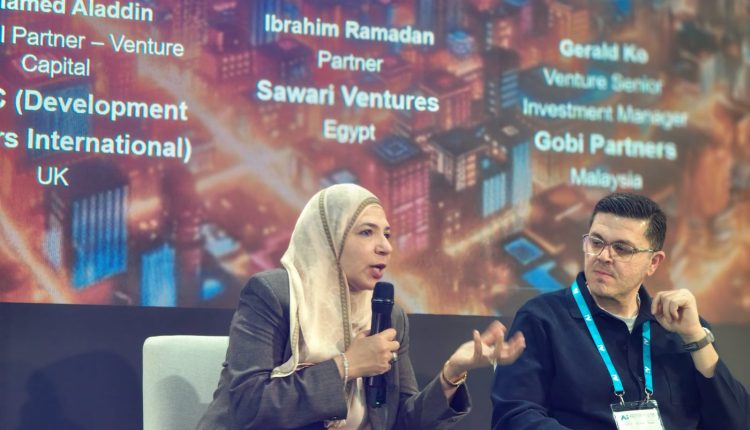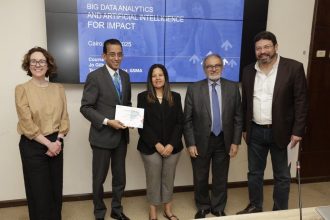Google is significantly upgrading its Maps application by integrating its powerful Gemini AI model, aiming to make navigation more intuitive, informative, and hands-free. The move follows a year of smaller AI-powered additions and represents a major step towards a more conversational and context-aware mapping experience.
Conversational AI for Hands-Free Driving
The new update allows users to interact with Gemini directly within the Maps interface while driving. This enables drivers to ask complex, conversational questions without taking their hands off the wheel. For instance, a user can ask, “Is there a budget-friendly restaurant with vegan options along my route, something within a couple of miles?” and follow up with, “What’s parking like there?”
Beyond route-related queries, Gemini can answer questions on other topics like news or sports and perform tasks such as adding an event to your calendar. Drivers can also use their voice to report traffic incidents, and Maps will proactively alert them to disruptions ahead.
Landmark-Based Navigation Powered by Street View
Google is leveraging Gemini’s capabilities to make turn-by-turn directions more human-like. Instead of instructing a driver to turn right in 500 feet, Maps will now reference visible landmarks. The app will highlight notable buildings, restaurants, or gas stations and use them as reference points, saying for example, “Turn right at the gas station.”
This feature is powered by Gemini cross-referencing information from over 250 million places with vast amounts of Street View imagery to identify the most useful and visible landmarks for navigation.
Enhanced Surroundings Awareness with Google Lens
The integration extends to Google Lens, allowing users to get more information about their immediate surroundings. By pointing their phone’s camera at a building or landmark, users can ask Gemini questions like, “What is this place and why is it popular?” The AI will then provide context and details about the location in real-time.
Relevance for the MENA Region
While the initial rollout of these features is focused on the U.S. market, their eventual arrival in the MENA region will be significant. For drivers navigating the often complex and rapidly changing cityscapes of Dubai, Riyadh, or Cairo, landmark-based navigation could prove far more intuitive than relying solely on street names and distances. The hands-free, conversational AI will also enhance safety and convenience for the region’s tech-savvy population.
For the MENA startup ecosystem, this move by a tech giant underscores the accelerating trend of embedding generative AI into core consumer applications. It sets a new benchmark for user experience in navigation and local discovery, potentially inspiring regional logistics, delivery, and mapping startups to explore similar AI integrations to better serve local contexts and languages.
About Google
Google is a multinational technology company that specializes in Internet-related services and products, which include online advertising technologies, a search engine, cloud computing, software, and hardware. It is considered one of the Big Five American information technology companies, alongside Amazon, Apple, Meta, and Microsoft.
Source: TechCrunch














